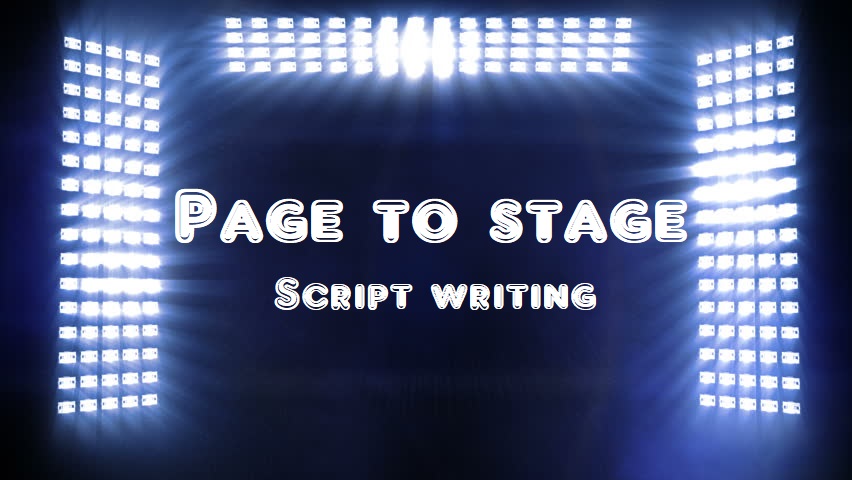March is a memorable month for me; it marks my greatest fight and biggest victory to date. It is the month I had an accident that nearly killed me while in college.
The doctors told my family and friends I would never walk again. I had to fight to relearn the basics of life. Those victories affect every aspect of my life. I don’t label myself as an overcomer, but a survivor.
Because I’ve learned that there are many battles we face in life. No matter what part of the country you live in, you’ve probably been facing a turbulent weather pattern.
More than likely it will intensify during the month of March; March is a month of change as we transition from one season to another. But, if we hold on, spring is just around the corner and all of this crazy winter weather will be behind us.
Historically March covers two significant changes in history, the Ides of March, the death of Julius Caesar and a turn in the Roman Empire—and St. Patrick’s Day, in memory of the Catholic missionary credited with bringing Christianity to Ireland.
With the opposition we face in life it’s no wonder we’re drawn to stories about overcoming the odds and love conquering all. We believe there’s hope in the face of adversity. Perhaps, this is why we’re drawn to movies about struggle, maybe there really is a pot of gold at the end of the rainbow.
Hollywood has cashed in on stories of struggle since the golden age of film. War stories and its sub-genre of the love story encourage us to fight for love against all the odds.
Against the Odds?
Hence the rise of war films. This genre examines the dynamics of warfare. Intense battles and combat scenes are the core of these dramas. Originally these visual life-like historical depictions became popular in the heydays of film.
Over time Hollywood has turned out realistic accounts of history to either glorify the acts of war or to be a voice against it. Whether factual or propaganda, audiences are drawn to stories of strife, especially when they overcome the odds.
The irony of war films is they can emphasize the inhumanity of war or romanticize the tragedy of it. This has given birth to many sub-genres. As Robert McGee points out, “Although wars are often the setting for another genre, such as the love story.[i]”
War Film Sub-Genres
- Love story (my favorite). A Very Long Engagement
- Historical. Patton
- Escape. Black Hawk Down
- Action Combat. Platoon
- Military Comedy. Good Morning Vietnam
In most cases, this genre’s theme runs deeper than combat and blood and guts. The setting works for themes ranging from love versus hate to good versus evil and miraculous stories of survival.
Deep inside we are all battling something, we are all hoping for a breakthrough. Everyone wants to be a winner, although no one is really a winner in a war; because everyone loses something. That’s just how life works. In the real world, the odds are against us.
The Real World?
One of the things I learned a few years ago at a writer’s conference was to make our stories messy because life is messy. The boy doesn’t always get the girl, the disease isn’t always cured, and no one always hits the jackpot. We’ve all seen movies that were so unrealistic that they’re laughable. How do studios expect us to believe a 68-ton tank can launch itself over a car or an obstacle?
Remember, it is important to keep our fictional worlds believable, especially when set in the history of the world. Here are a few of the biggest red flags I see when reading a script.
- Too convenient: everything is conveniently laid out in our story at just the perfect time.
- Defies the laws of physics or nature: even in films, these laws should stay intact unless you’re writing a science fiction movie, even then keep it somewhat believable.
- The one answer fits all solution: what works in one situation doesn’t necessarily work for every problem.
- Remember conflict drives a story and develops our characters.
Our ultimate goal is to bring our audience into our stories. Show them the hurt and the struggle, and then show them the answer. In war films, the answer isn’t always winning the war, but the fight.
Set the stakes high, but make them believable, this is drama—storytelling. Robert McKee points out, “We must also create emotional authenticity. Authorial research must pay off in believable character behavior.”[ii]
When we see our character’s actions and reactions, we can imagine how we act or react in the story. One of the main problems I see in a lot of Christian films is the world is too neat and positive. There isn’t a need to fight and when conflict does come; God intervenes miraculously and saves the day against the odds.
What’s the solution? You tell me.
[i][i] McKee R. (1997). Story: Substance, Structure, Style, And The Principle of Screenwriting (Kindle edition) pg 80.
[ii] McKee R. (1997). Story: Substance, Structure, Style, And The Principle of Screenwriting (Kindle edition) pg 188.

Martin Johnson survived a severe car accident with a (T.B.I.) Traumatic brain injury which left him legally blind and partially paralyzed on the left side. He is an award-winning Christian screenwriter who has recently finished his first Christian nonfiction book. Martin has spent the last nine years volunteering as an ambassador and promoter for Promise Keepers ministries. While speaking to local men’s ministries he shares his testimony. He explains The Jesus Paradigm and how following Jesus changes what matters most in our lives. Martin lives in a Georgia and connects with readers at Spiritual Perspectives of Da Single Guy and on Twitter at mtjohnson51.





No Comments